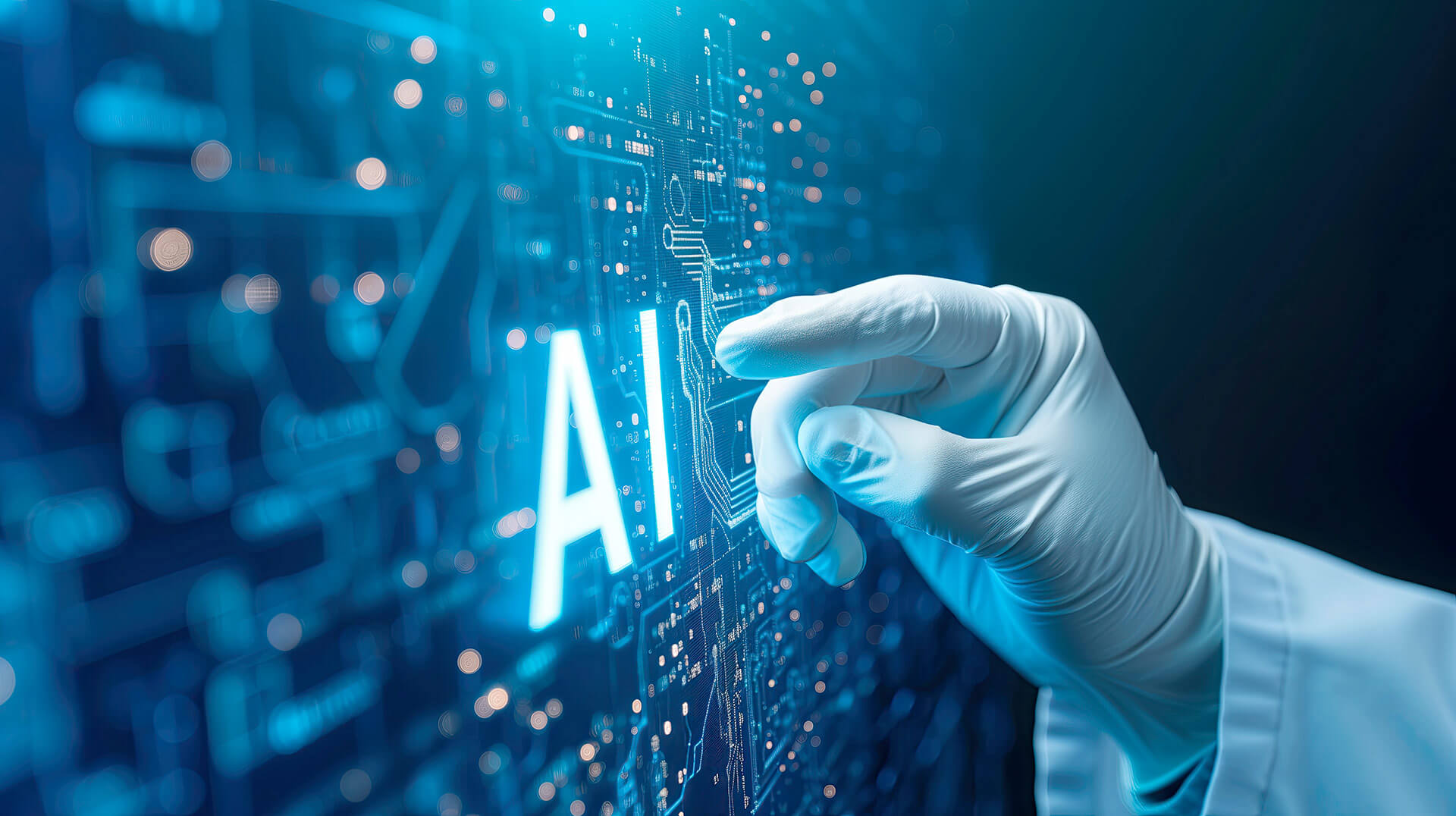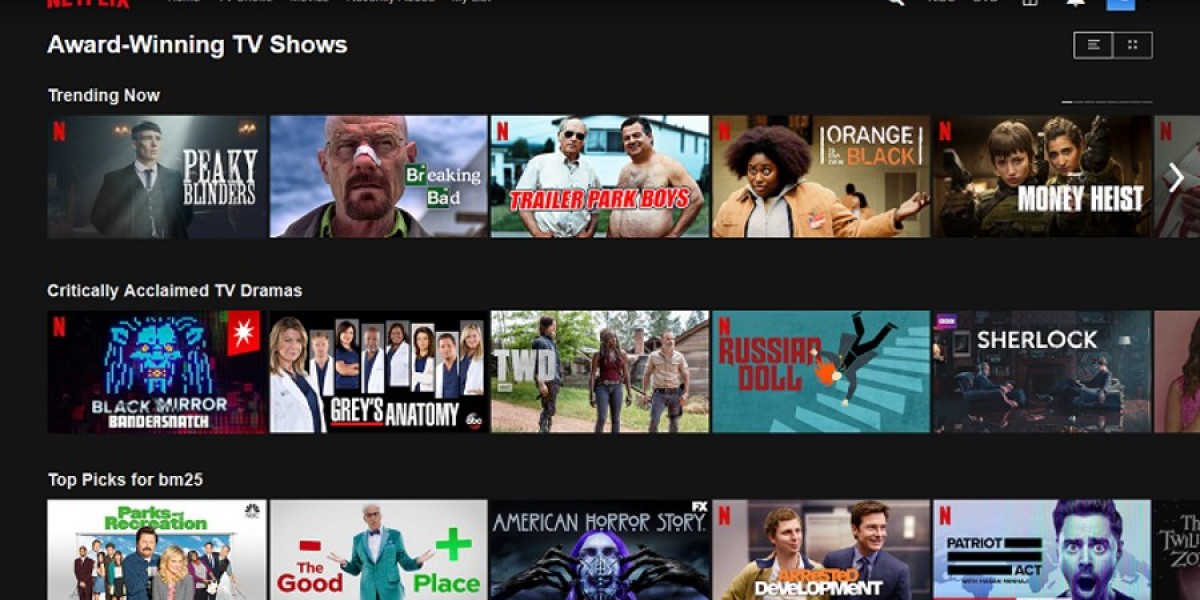For Christmas I received a fascinating gift from a buddy - my really own "best-selling" book.
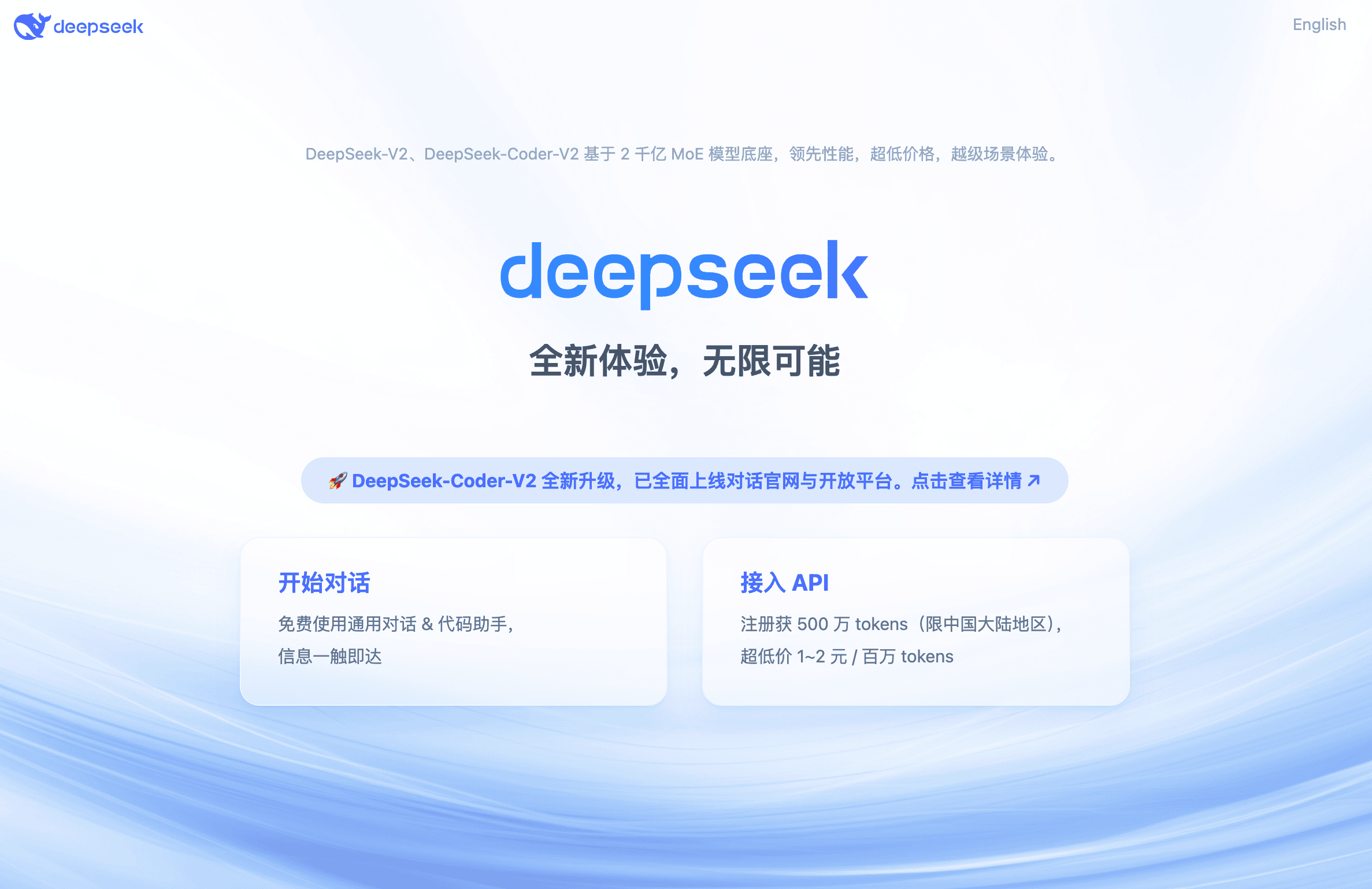
"Tech-Splaining for Dummies" (terrific title) bears my name and my photo on its cover, and it has glowing reviews.
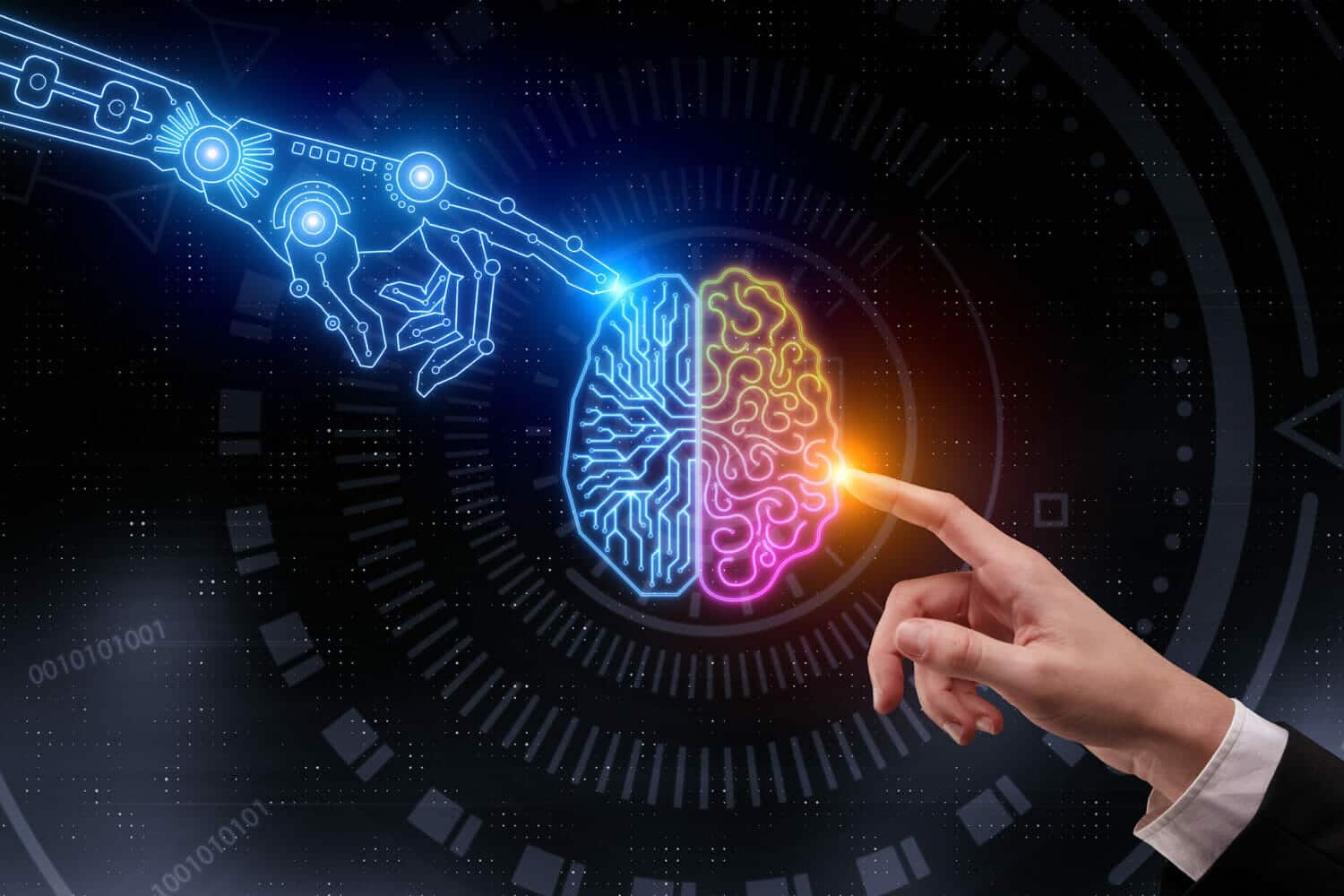
Yet it was completely written by AI, with a couple of simple triggers about me supplied by my friend Janet.
It's an interesting read, and very amusing in parts. But it also meanders quite a lot, and is somewhere in between a self-help book and a stream of anecdotes.
It mimics my chatty design of composing, however it's likewise a bit repeated, and extremely verbose. It might have exceeded Janet's prompts in collecting data about me.
Several sentences begin "as a leading technology reporter ..." - cringe - which might have been scraped from an online bio.
There's likewise a mysterious, repeated hallucination in the type of my cat (I have no pets). And there's a metaphor on nearly every page - some more random than others.
There are dozens of business online offering AI-book composing services. My book was from BookByAnyone.
When I called the chief executive Adir Mashiach, based in Israel, he informed me he had actually sold around 150,000 personalised books, generally in the US, given that pivoting from assembling AI-generated travel guides in June 2024.
A paperback copy of your own 240-page long best-seller costs ₤ 26. The firm utilizes its own AI tools to produce them, based upon an open source big language design.
I'm not asking you to purchase my book. Actually you can't - just Janet, who created it, can purchase any more copies.
There is presently no barrier to anybody creating one in any person's name, including celebs - although Mr Mashiach states there are guardrails around violent material. Each book consists of a printed disclaimer specifying that it is imaginary, produced by AI, and developed "entirely to bring humour and happiness".
Legally, the copyright comes from the firm, but Mr Mashiach stresses that the product is intended as a "customised gag present", and the books do not get offered even more.
He intends to expand his variety, producing different genres such as sci-fi, and maybe using an autobiography service. It's created to be a light-hearted type of consumer AI - selling AI-generated goods to human clients.
It's likewise a bit terrifying if, like me, you compose for a living. Not least since it most likely took less than a minute to generate, and it does, certainly in some parts, sound similar to me.
Musicians, authors, artists and actors worldwide have actually expressed alarm about their work being used to train generative AI tools that then churn out similar material based upon it.
"We ought to be clear, when we are speaking about data here, we in fact suggest human creators' life works," says Ed Newton Rex, creator of Fairly Trained, which campaigns for AI firms to respect developers' rights.
"This is books, this is short articles, this is images. It's masterpieces. It's records ... The entire point of AI training is to find out how to do something and then do more like that."
In 2023 a tune including AI-generated voices of Canadian singers Drake and The Weeknd went viral on social networks before being pulled from streaming platforms since it was not their work and they had not granted it. It didn't stop the track's creator attempting to choose it for a Grammy award. And despite the fact that the artists were fake, it was still extremely popular.
"I do not believe using generative AI for innovative purposes ought to be prohibited, however I do believe that generative AI for these functions that is trained on people's work without authorization must be prohibited," Mr Newton Rex adds. "AI can be extremely effective but let's develop it fairly and fairly."
OpenAI states Chinese rivals using its work for their AI apps
DeepSeek: The Chinese AI app that has the world talking
China's DeepSeek AI shakes market and dents America's swagger
In the UK some organisations - including the BBC - have actually picked to block AI designers from trawling their online material for training purposes. Others have decided to collaborate - the Financial Times has actually partnered with ChatGPT developer OpenAI for example.
The UK government is thinking about an overhaul of the law that would allow AI developers to use creators' material on the web to assist develop their models, unless the rights holders pull out.
Ed Newton Rex explains this as "madness".
He explains that AI can make advances in locations like defence, health care and logistics without trawling the work of authors, reporters and artists.
"All of these things work without going and altering copyright law and ruining the livelihoods of the country's creatives," he argues.
Baroness Kidron, a crossbench peer in your house of Lords, is likewise highly versus getting rid of copyright law for AI.
"Creative markets are wealth developers, 2.4 million tasks and a great deal of pleasure," says the Baroness, who is also a consultant to the Institute for Ethics in AI at Oxford University.
"The federal government is weakening among its best carrying out markets on the vague guarantee of growth."
A federal government spokesperson stated: "No relocation will be made till we are definitely positive we have a useful strategy that provides each of our objectives: increased control for right holders to assist them license their content, access to high-quality material to train leading AI models in the UK, and more transparency for best holders from AI designers."
Under the UK federal government's brand-new AI plan, a national data library containing public information from a broad range of sources will also be provided to AI scientists.
In the US the future of federal rules to control AI is now up in the air following President Trump's return to the presidency.
In 2023 Biden signed an executive order that intended to increase the safety of AI with, to name a few things, companies in the sector engel-und-waisen.de required to share information of the workings of their systems with the US federal government before they are released.
But this has actually now been repealed by Trump. It remains to be seen what Trump will do instead, but he is said to desire the AI sector to deal with less guideline.
This comes as a number of suits against AI firms, and particularly versus OpenAI, continue in the US. They have been taken out by everybody from the New York Times to authors, music labels, and even a comic.
They claim that the AI companies broke the law when they took their content from the web without their consent, and used it to train their systems.
The AI business argue that their actions fall under "reasonable usage" and are therefore exempt. There are a variety of factors which can constitute fair usage - it's not a straight-forward meaning. But the AI sector is under increasing examination over how it gathers training data and whether it ought to be spending for it.
If this wasn't all enough to contemplate, Chinese AI company DeepSeek has shaken the sector over the past week. It became the most downloaded free app on Apple's US App Store.
DeepSeek declares that it established its technology for a portion of the price of the similarity OpenAI. Its success has raised security issues in the US, and threatens American's current supremacy of the sector.
When it comes to me and a profession as an author, I believe that at the minute, if I really want a "bestseller" I'll still need to compose it myself. If anything, Tech-Splaining for Dummies highlights the current weakness in generative AI tools for larger tasks. It has plenty of inaccuracies and hallucinations, and it can be quite challenging to read in parts due to the fact that it's so verbose.
But offered how rapidly the tech is progressing, I'm not exactly sure how long I can remain confident that my substantially slower human writing and modifying abilities, are better.
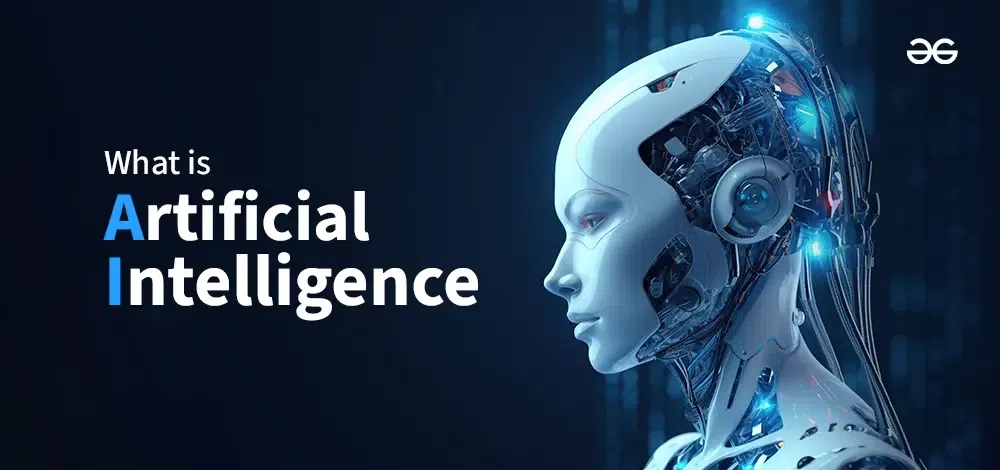
Register for our Tech Decoded newsletter to follow the biggest advancements in international innovation, with analysis from BBC reporters around the globe.
Outside the UK? Sign up here.
